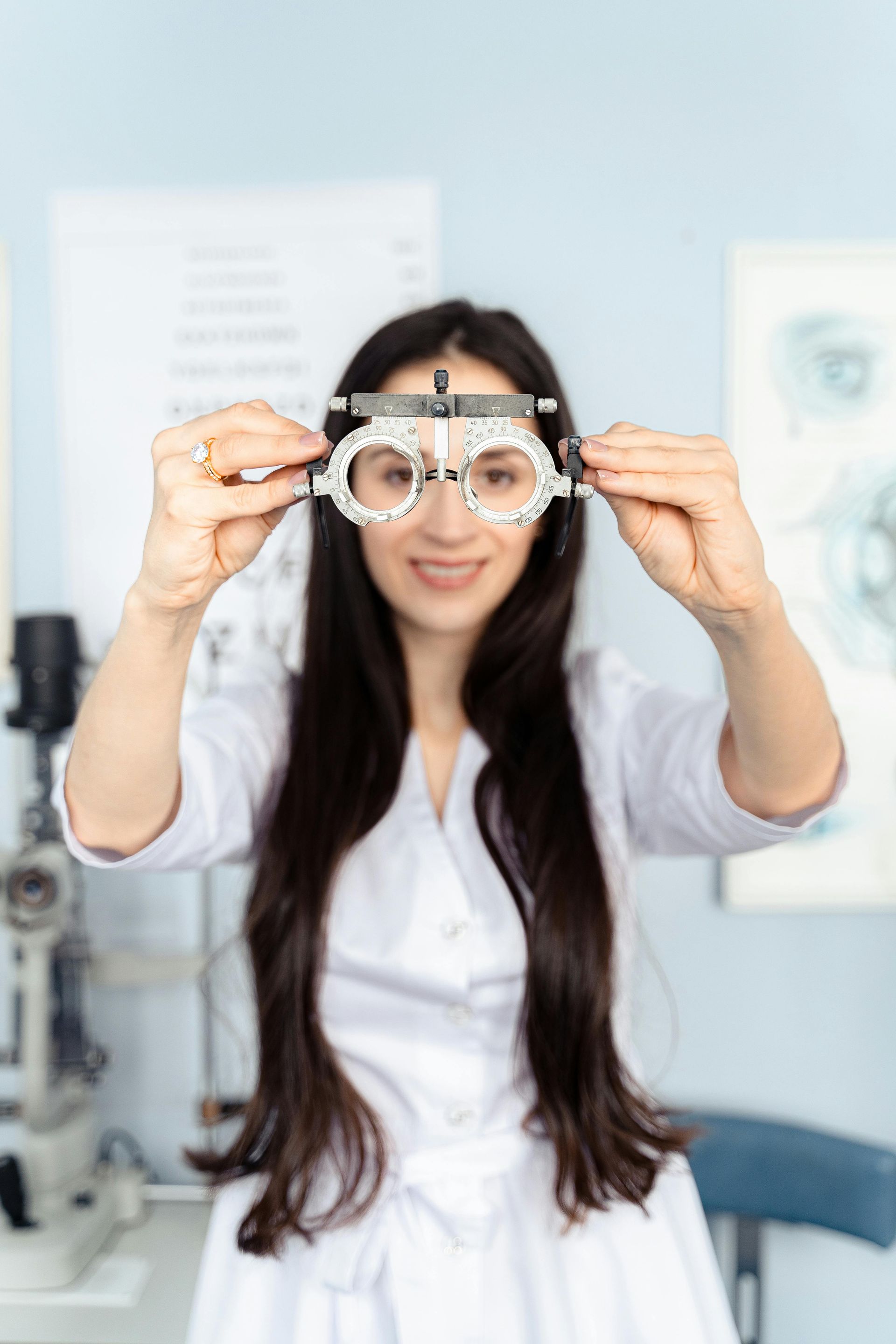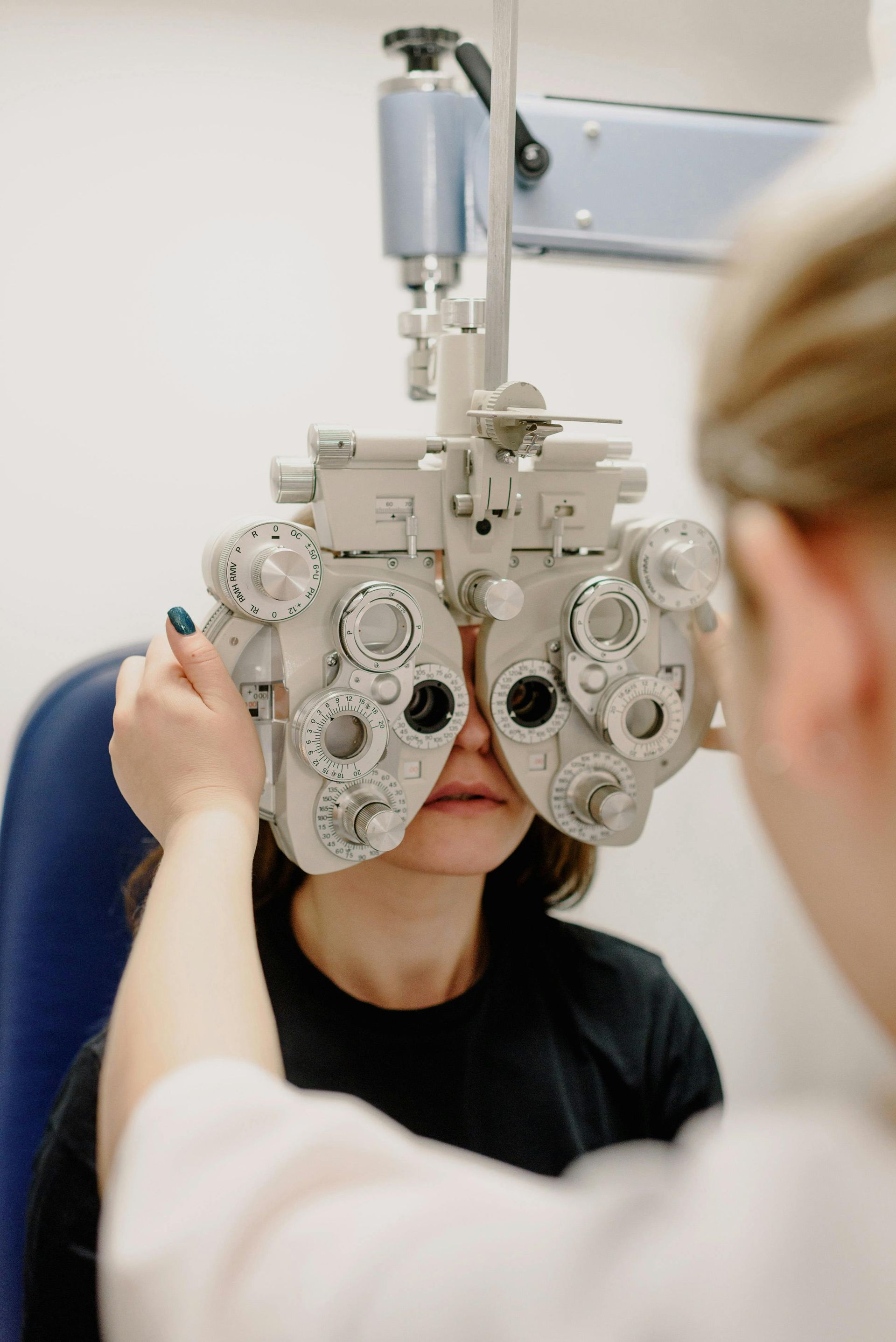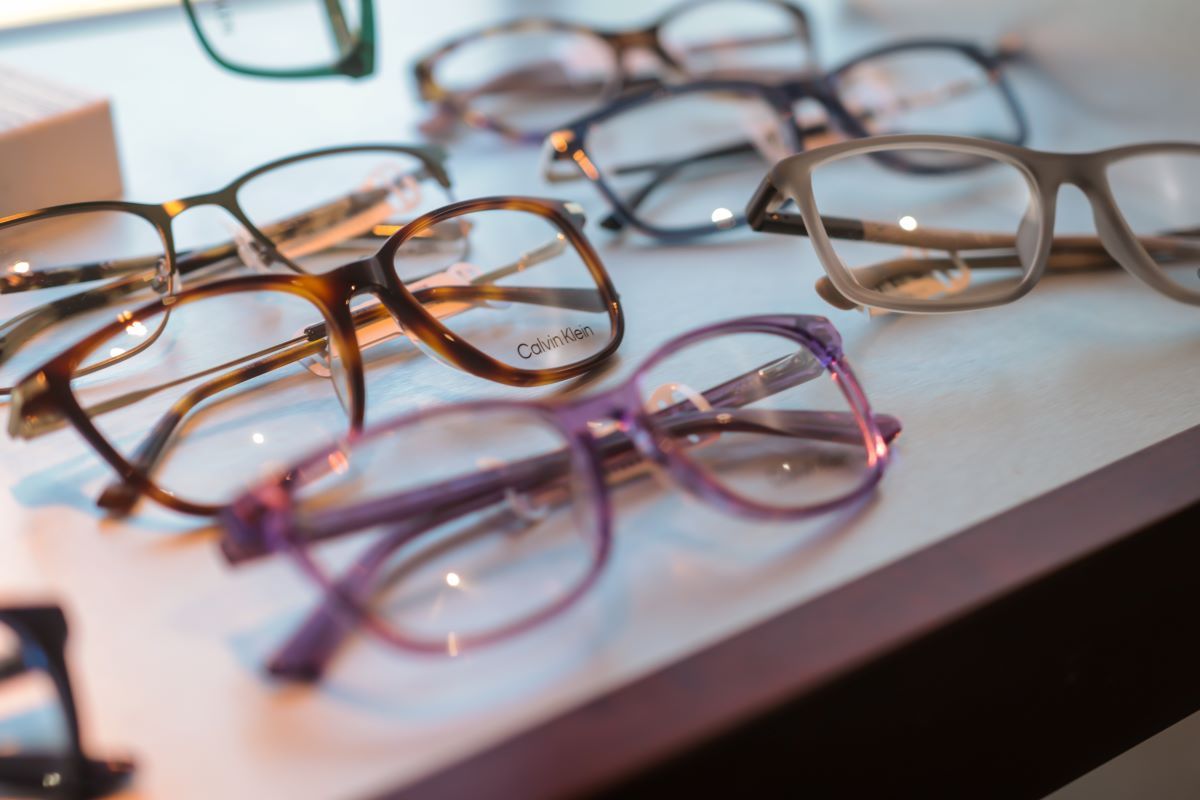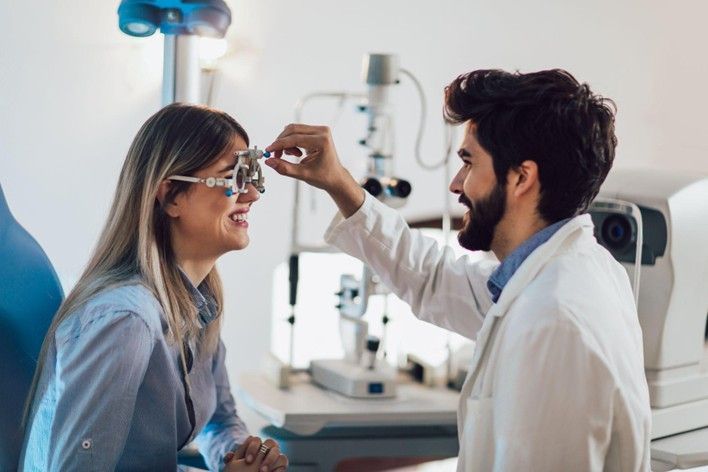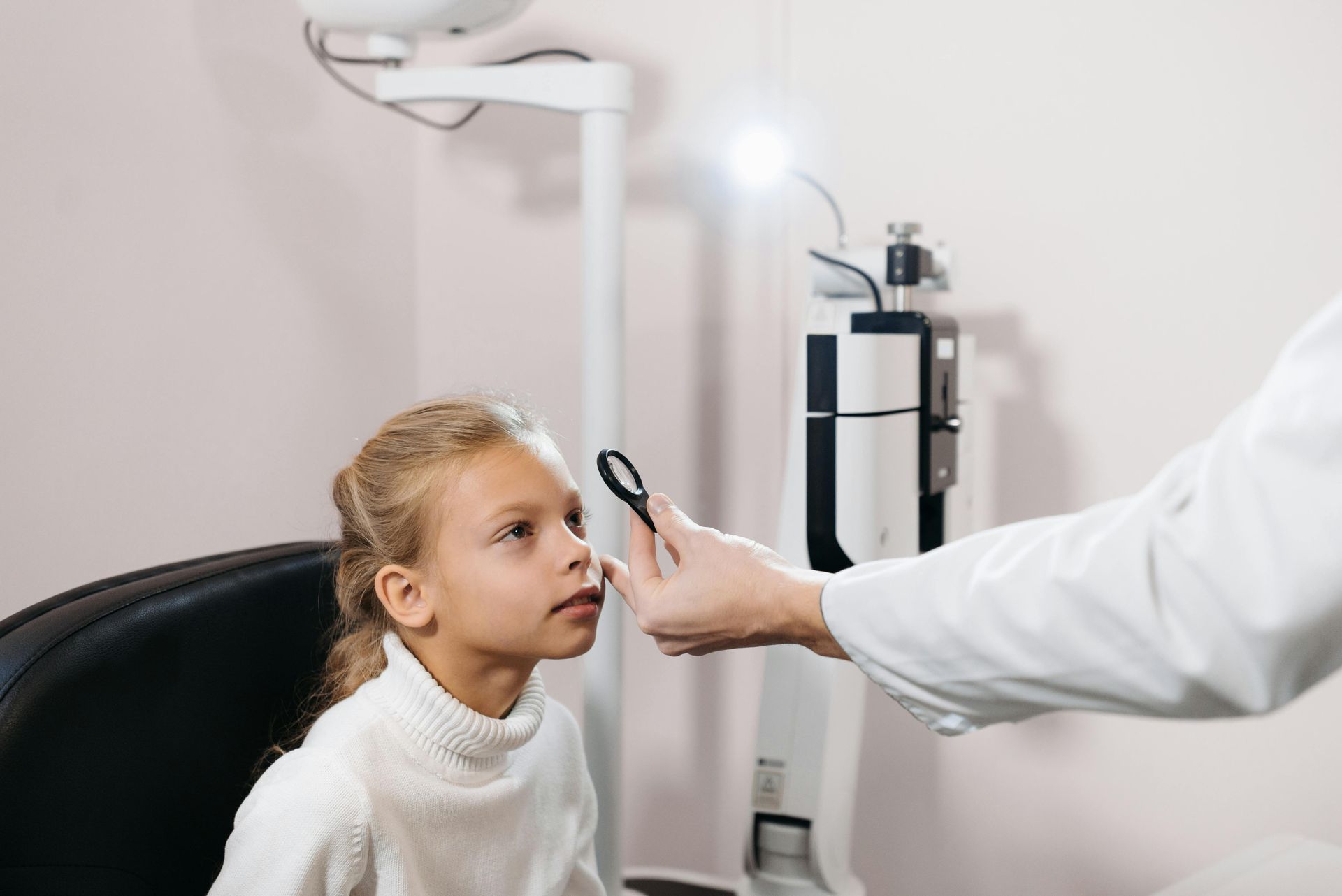Different Types of Lens Coatings for Your Glasses
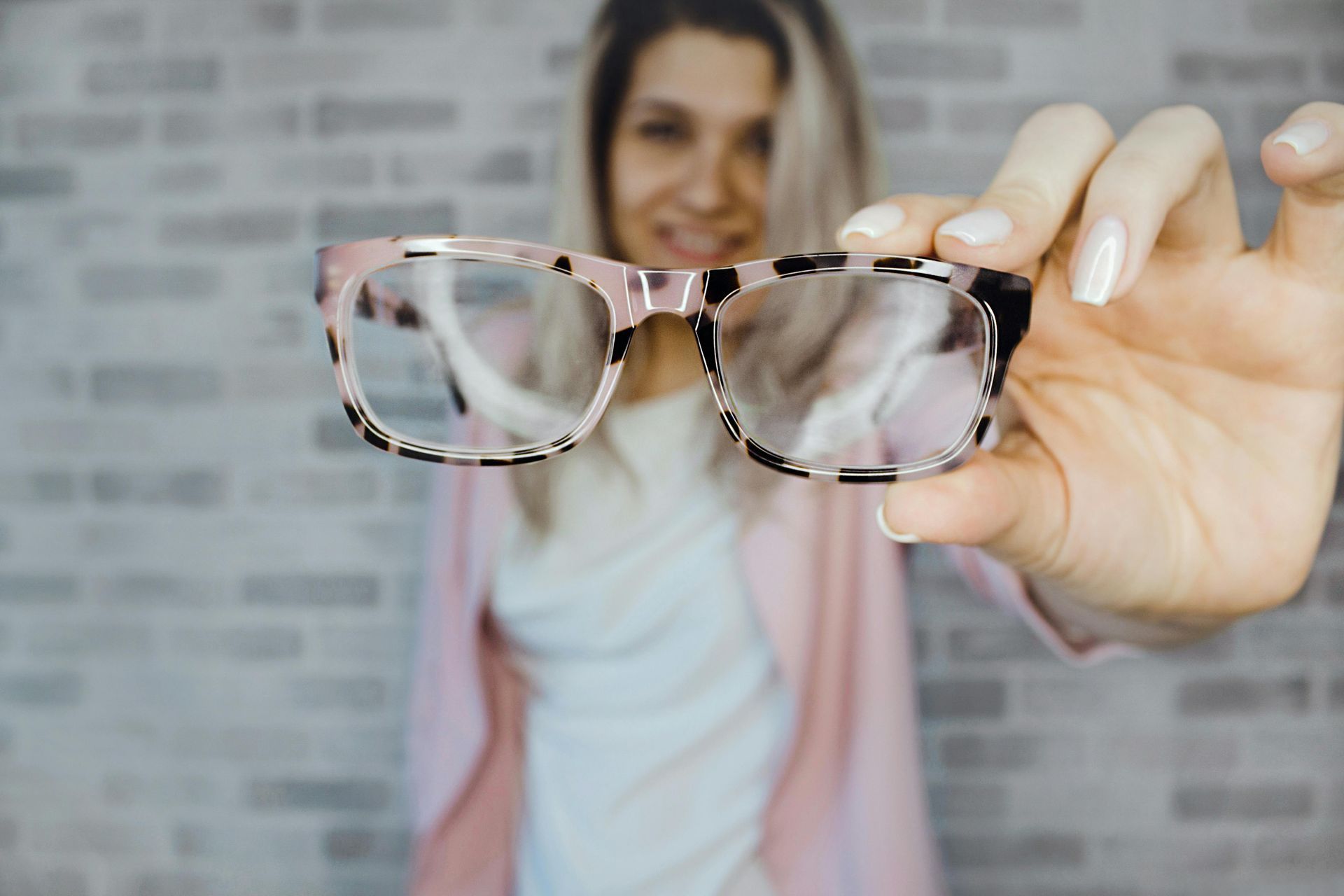
Lens Coatings Explained: Choose the Best Finish for Your Glasses
Choosing the right pair of glasses involves more than just picking a stylish frame. Lens coatings play an essential role in enhancing vision clarity and eye protection. Thanks to modern advancements in eyewear technology, there are a variety of lens coatings designed to address specific needs and preferences. Understanding the different types of lens coatings available can help you decide what suits your needs best.
Continue reading as we explore different types of lens coating you can use for your glasses.
Anti-Reflective Coating
Anti-reflective (AR) coating is a thin layer of protection that helps to minimize reflections on the lens surfaces. This allows more light to pass through the lens and improves visual clarity. AR coatings are especially beneficial for reducing glare from computer screens, headlights, and overhead lighting, thus reducing eye strain and fatigue.
UV Protection Coating
Exposure to harmful ultraviolet (UV) rays from the sun can lead to various eye conditions, including cataracts and macular degeneration. UV protection coatings effectively block out harmful UV rays, safeguarding your eyes from potential damage. There are three types of UV rays:
● UVA Rays: Most of these UV rays reach the ground. Thus, our exposure will be nearly 95%. Clouds and windows do not filter them.
● UVB Rays: UVB rays are directly harmful to DNA and are most responsible for sunburns. The ozone layer partially absorbs it.
● UVC Rays: The most harmful of all UV rays. Fortunately, the ozone layer thoroughly filters the UVC rays. So, the only sources of this wavelength are humans, i.e., welding torches and mercury lamps).
Scratch-Resistant Coating
Scratches and abrasions on your glasses can impair your vision and detract from the appearance of your eyewear. Scratch-resistant coatings form a durable barrier on the lens surface, making them more resistant to scratches from daily wear and tear. Investing in scratch-resistant coatings can prolong the lifespan of your glasses and keep them looking new for longer.
Blue Light Blocking Coating
The sun is the biggest producer of blue light, but our digital devices and LED lighting emit blue light, too. Blue light may play a part in digital eye strain.
While blue light helps keep us alert during the day, too much blue light exposure can interfere with our circadian rhythms, making it difficult to fall asleep. A blue light coating on your glasses can shield your eyes from an excess of blue light and can even help you have a good night’s sleep with ease.
Anti-f=Fog Coating
Wearing glasses in humid or temperature-changing environments can lead to foggy lenses, obstructing your vision. Anti-fog coatings create a hydrophilic layer on the lens surface, preventing condensation and ensuring clear vision even in challenging conditions. Whether cooking in the kitchen or stepping out into cold weather, anti-fog coatings help keep your lenses clear and your vision uninterrupted.
Water-Repellent Coating
Water and oil can leave smudges and streaks on your glasses, impairing your ability to see clearly. Water-repellent coatings, also known as oleophobic coatings, repel water and oil, making cleaning your lenses easier and maintaining clarity. These coatings minimize streaks and make it more convenient to wipe away fingerprints and dirt, ensuring your glasses stay clean and clear throughout the day.
Experience the vision care you deserve at Optometric Associates of Southern Maine. Whether you need contact lenses, specialized coatings for your glasses, or comprehensive eye tests, our dedicated team is here to provide personalized solutions tailored to your unique needs. Schedule your appointment today and journey towards a clearer, healthier vision with us.



